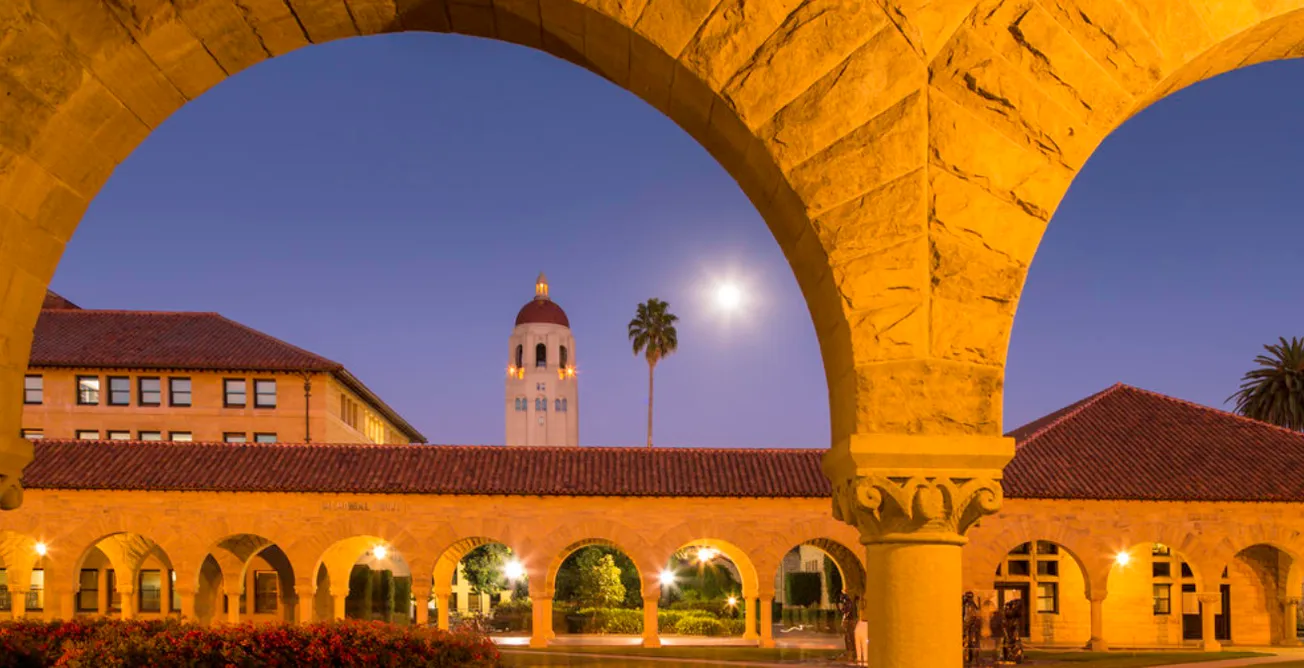Table of Contents
“There are no dangerous thoughts; thinking itself is dangerous.” —Arendt
Perhaps the most contrarian thing I could say right now is that we, as Stanford students, have much to be grateful for.
We go to a University which has both the care and the means to ease the inevitable suffering caused by the present crisis, from Stanford’s surprisingly flexible exam policy last quarter, to their ability to pitch in towards sending everyone home, a luxury certainly not afforded to students at less well-endowed schools.
Even the timing of this pandemic, despite its many frustrations, carries certain advantages: the shutdown occurred close enough to summer that we can reasonably hope to miss only one quarter. And due to the quarter system, our shutdown occurred right between two grading periods, allowing us to select classes bearing the situation in mind, rather than muddling through the remainder of a semester. Of all the institutions we could attend, we are lucky to go to Stanford.
We also have cause to be proud, as our university’s phenomenal school of medicine is at the forefront of the scientific effort to combat the virus, and as its doctors, nurses, and med students put their own lives on the line helping the Bay area.
One of the reasons I am especially grateful and proud is the Stanford Review. To call the Review a haven of free speech is something of a cliché, yet it has rung true throughout my time as a writer and editor. The Review has been the only place on campus, of either Right or Left, where students can express any and all of their views without repercussions. The Review provides campus with the most important missing piece of our educational system: the encouragement to question everything, not just the things we are instructed to question.
And we are determined to continue to do so, especially during the pandemic that has become a seminal moment in global history.
To promise ‘business-as-usual’ would be impossible under these circumstances. What we can promise is to record this unique historical moment, provide a center for students to think critically and question all ideas, and continue to publish opinions contrary to the ordinary thread of discourse. And, when necessary, to criticize Stanford’s response and propose new solutions. Much as we have to be grateful for, we all know that the University is far from perfect.
I am especially grateful because I know that the staff of this volume is brimming with both talent and commitment. I am particularly thankful to Quinn Barry, for all the work he put into building up this organization, and in preparing me to lead it, and to my editorial staff, Maxwell Meyer, Cola Buskirk, Eva Davis, and Neelay Trivedi. My confidence in our organizational resilience is bolstered by the knowledge that I have such a daring and enthusiastic team of editors and writers.
To those who read and enjoy the Review’s work: don't worry, we might not be on campus, but we aren't going anywhere. To those who have found some of our pieces vexing or disagreeable, I have the exact same message. Our job is to challenge ideas, and to publish pieces that make you seriously consider your own views, even if you disagree with ours. We are all lucky to have such a voice on campus, and I am beyond proud to carry the torch. Lux in tenebris lucet!
If our message intrigues you, if you think you might be a good fit for our organization, and most especially if you have an article you would like to publish, please reach out to me at akn2021@stanford.edu, and either I or one of our staff members would love to chat!









